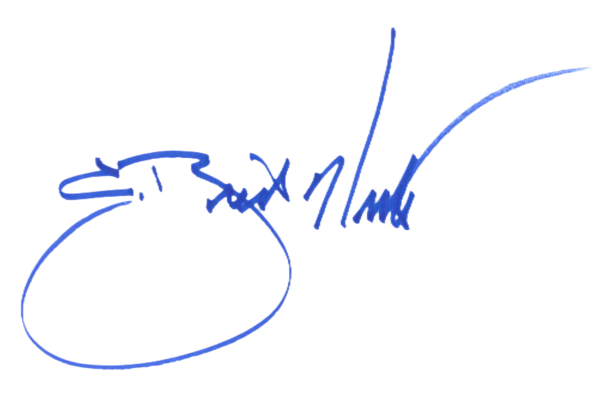When you are involved in an accident, exchanging information with the other driver is one of the steps to observe. You need to be careful when doing this, as your actions can impact your case.
Here is what to know about this crucial step:
What information should you exchange?
You and the other driver should collect each other’s full names, contact information, driver’s license numbers, insurance information, vehicle information (type, color and model) and license plate numbers.
The Tennessee Department of Transportation (TDOT) has a motorist information exchange card to guide drivers.
What should you avoid doing?
You and the other driver should only exchange the needed information. Avoid discussing the accident – anything you say can disadvantage your claim.
Firstly, while it’s natural to say “sorry” after a traumatic event, avoid doing so after an accident. If the other driver informs their insurance company you apologized to them, they may claim you admitted fault for the accident and, in turn, should not be compensated or your compensation should be less than you propose.
If the other driver is injured, you can politely ask if they are okay and inform them medical attention is the way.
If they want to discuss the accident, politely decline the conversation. They may be angry, blaming you for the accident, or may be aware they are at fault and may suggest solving the case without involving the police and so on. It’s vital to stay calm, get the needed information and return to your car until the police arrive.
Exchanging information with the other driver after an accident is necessary. But you should avoid apologizing or discussing the accident when doing this. Consider legal guidance to learn more about your options.


